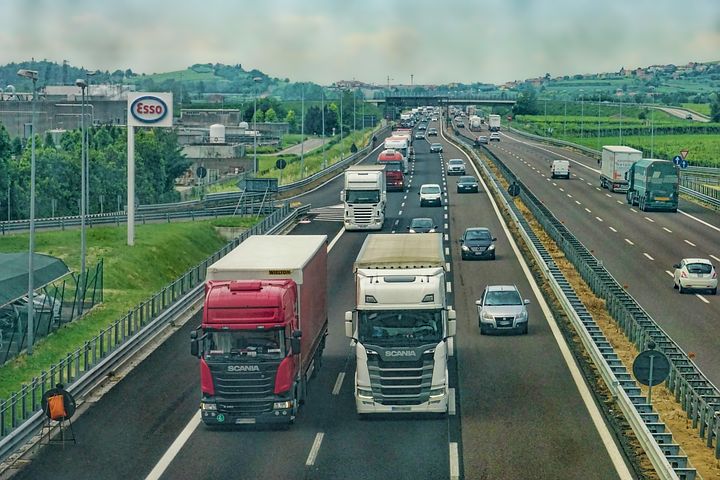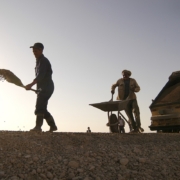Ensuring Schedulers Know Their Role in The Chain of Responsibility

A recent article highlighted the importance of ensuring schedulers know their role in the Chain of Responsibility (CoR).
Because schedulers don’t have the same level of risk and responsibility as executives under the Heavy Vehicle National Law (HVNL), it can be easy to become complacent, however their roles are important because they influence and manage the safety of road transport activities.
A scheduler is a person that schedules the transport of goods or passengers by vehicle or schedules work and rest times of the vehicle’s driver. People who do these tasks are considered schedulers under the HVNL despite their formal title or other roles played in the chain of responsibility.
Schedulers have a great responsibility to effect compliance with the HVNL and minimise public risk related to transport activities.
According to the article on Mondaq.com scheduler’s central obligations under HVNL arise under the primary duty of section 26C. It went on to explain that schedulers should ask themselves the following questions when considering the limits of their responsibilities under the primary duty,
-
how is or could my role in scheduling the transport of goods or passengers and driver work and rest times, be used so far as is reasonably practicable, to ensure the safety of transport activities?
-
how do or can I use my position to eliminate or minimise public risks in relation to transport activities?
-
how can I exercise my role to avoid directly or indirectly causing or encouraging drivers to contravene the HVNL, exceed speed limits or cause other parties to breach the HVNL?
The writer went on to explain how schedulers can exercise their functions in the Chain of Responsibility,
-
carefully review work and rest requirements under the Fatigue Regulations
-
ensure compliance with any work and rest requirements under any BMF or AFM accreditations
-
take account of the average speeds that apply to drivers’ journeys when scheduling their routes
-
provide a ‘buffer’ for drivers’ schedules for poor traffic conditions and other delays
-
keep communication lines open with drivers to keep schedulers updated on any events that could disrupt the drivers’ journeys, such as delays or if a driver is impaired by fatigue even if they are complying with work and rest hours
Schedulers should also report any scheduling breaches or incidents relating to work and rest times, fatigue or speeding to the business’ executives or HVNL compliance officer.
They should never advise drivers that a schedule take precedence over compliance with obligations under the HVNL or other transport laws.
Finally the writers recommended that companies review their work practices and document steps taken to correct non-compliance relating to persistent fatigue, speeding, work and rest breaches.

